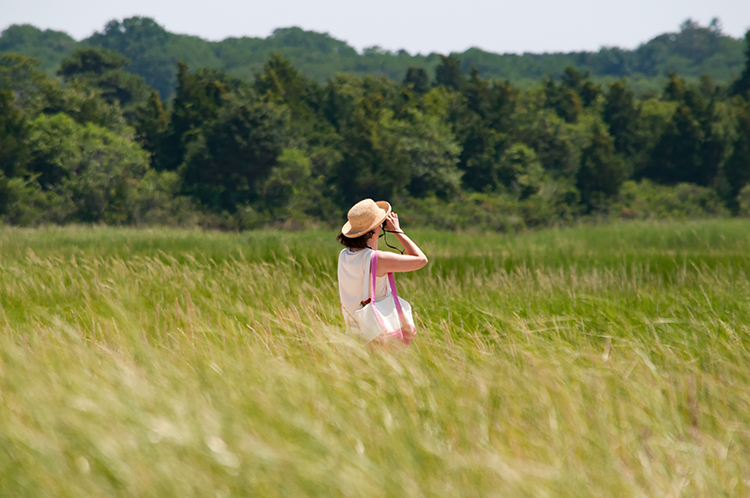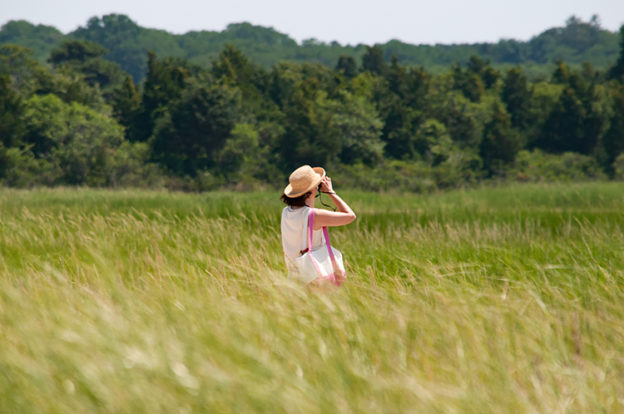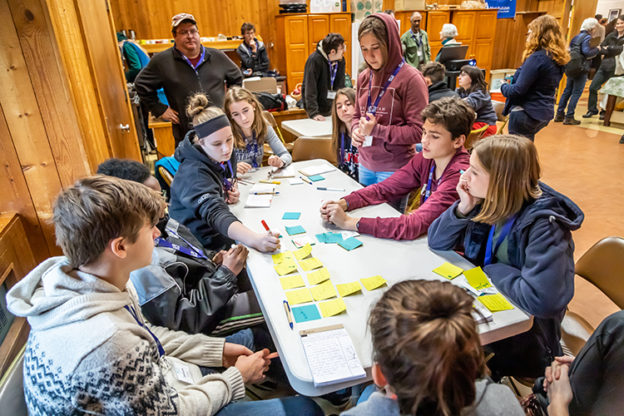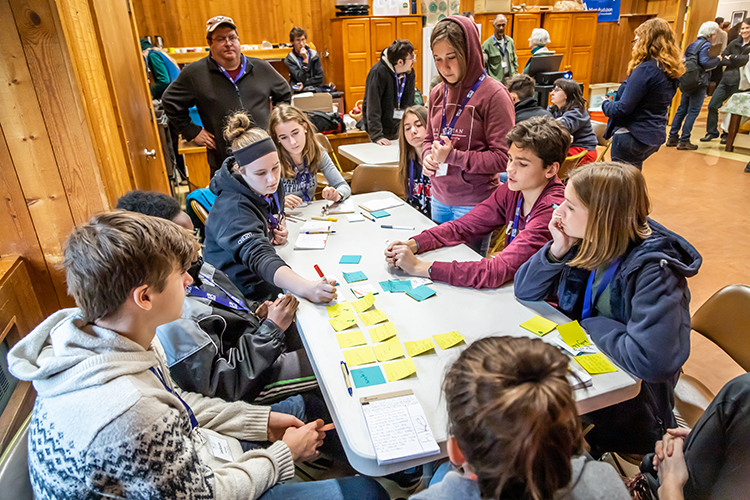
As we begin making our New Year’s resolutions, tackling climate change needs to be at the top of that list.
According to the World Meteorological Organization, 2018 was the fourth warmest year on record. Heat waves, extreme rain, hurricanes, and wildfires all made headlines across the U.S. and the globe. It’s evident, the problem is here and now.
In addition, two major reports were release in 2018: the Intergovernmental Panel on Climate Change waved the red flag on the effects of climate change and the Trump Administration released the Fourth National Assessment on Climate Change.
You don’t have to be a climatologist or political leader to make a climate resolution. This year, take the Mass Audubon Climate Change Pledge to address climate change through individual and collective action for the good of people and the planet.
→ STEP 1: Talk to at least 3 people about climate change and help them understand how they can be part of the solution
According to data from the Yale Program on Climate Change Communication, 70 percent of people in the United States agree that the climate is changing and will cause harm to plants, animals, and humans. But, when asked if people talk about this issue, two-thirds of people in the U.S. say “Never.” This is a real problem. Not talking about climate change fuels the idea that it is a taboo topic, left only to scientists and politicians. It also gives “deniers” a stronger platform.
→ STEP 2: Make adjustments to your daily life by taking 2 individual actions from these carbon-saving categories:
Transportation
- Carpool or take public transit
- Walk or bike for shorter trips
- Upgrade to an electric or hybrid vehicle
Energy
- Make the Switch to renewable energy
- Use LED bulbs
- Turn off and unplug electronics when they are not in use
Food
- Reduce your food miles by eating local
- Eat less meat
- Go vegan! Not able to commit to 100% vegan? Try avoiding meat and dairy one day a week or even twice a month.
Land Protection
- Plant a native tree
- Support your local Mass Audubon wildlife sanctuary or land trust
- Advocate for the preservation of local wetlands, forests, and other critical ecosystems that serve as carbon sinks and natural buffers to the effects of climate change.
→ STEP 3: Join or initiate 1 community action to climate change, such as:
- Encourage your community to purchase sustainable energy through Green Municipal Aggregation.
- Join a group dedicated to building climate solutions at the local level.
- Advocate for changes in your workplace or school that support reducing the organization’s carbon footprint.
- Support and advocate for policies that will place a price on carbon.
→ STEP 4: Sign the pledge
Taking a simple pledge increases the likelihood of following through on your goal. In addition, we will be able to see how much of an impact we can all make collectively!




